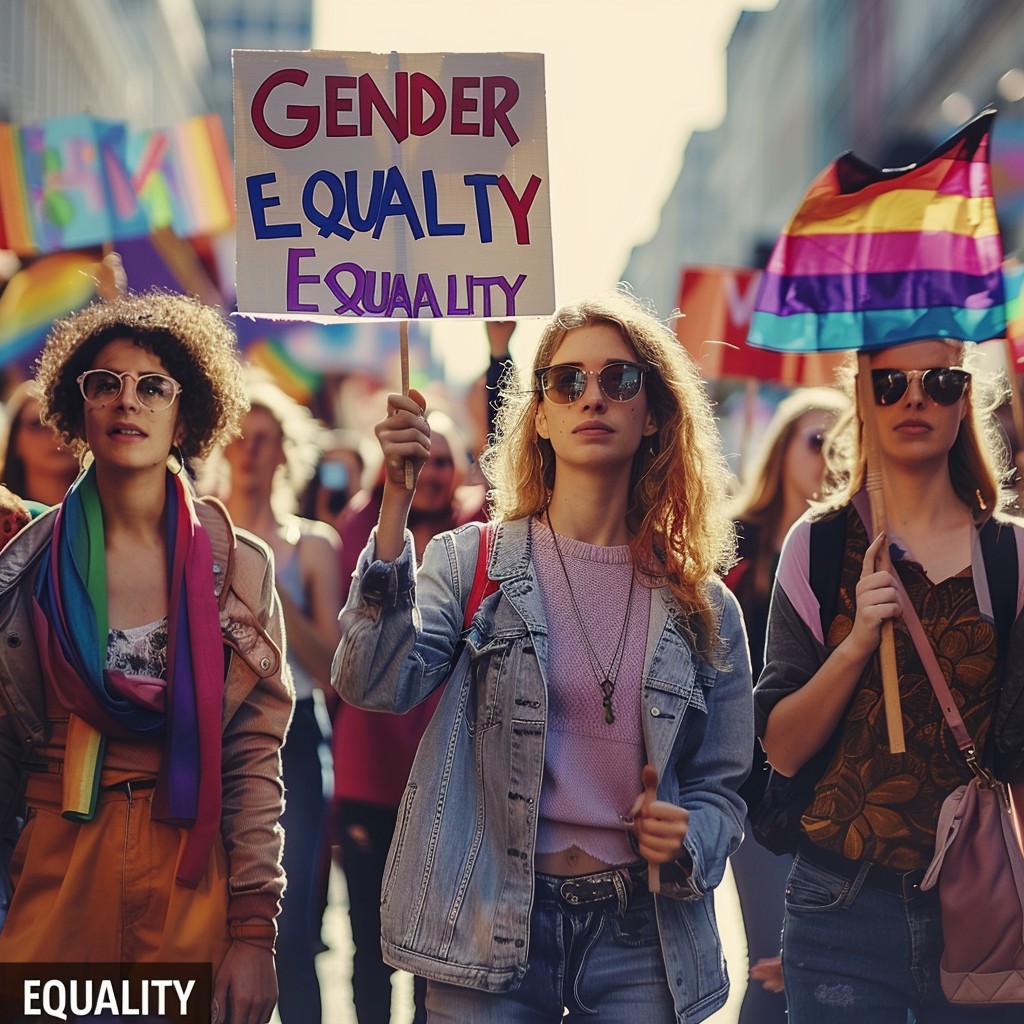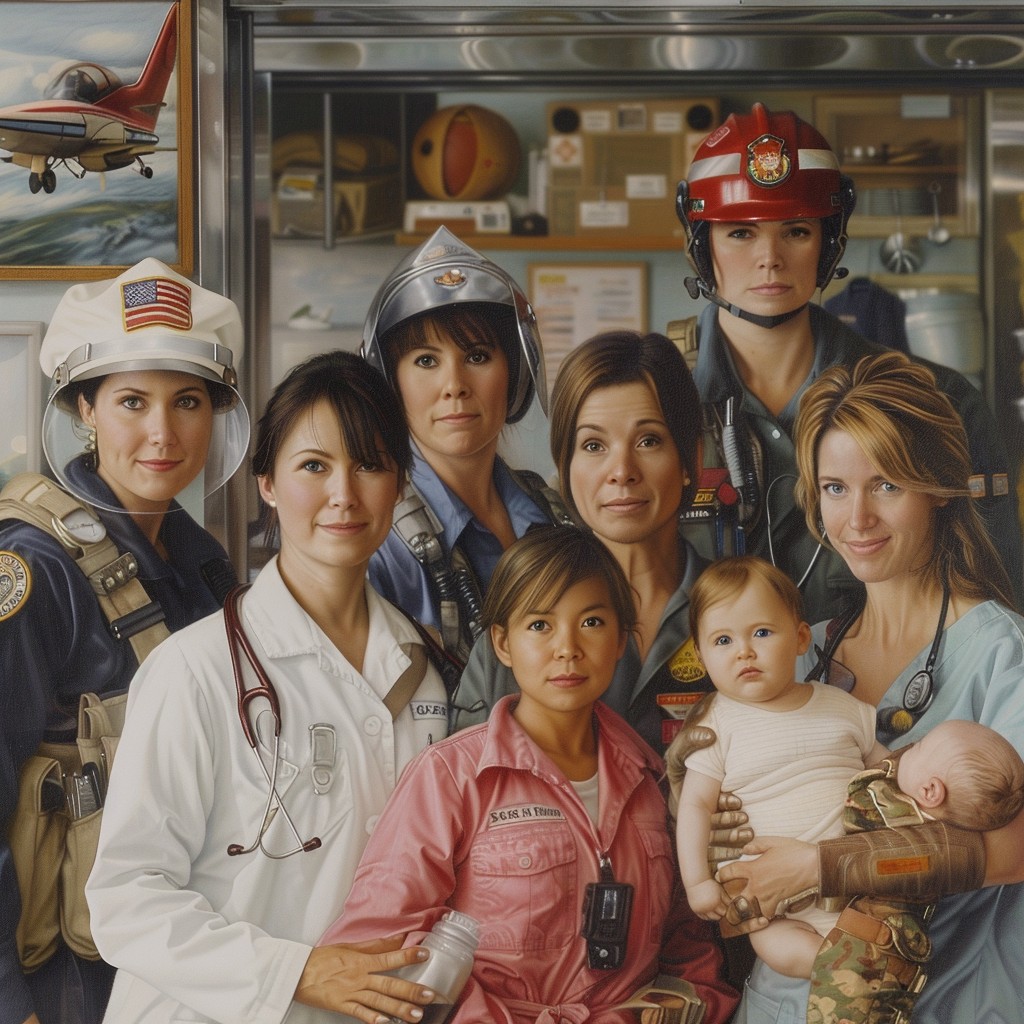Rape is not just a crime; it is a deep-seated social evil that continues to plague societies across the world. Despite global efforts, the statistics are alarming, and the repercussions are devastating. However, by understanding the root causes, empowering women, and fostering a culture of respect and accountability, we can work together to stop rape and safeguard women globally.
Understanding the Root Causes
Rape is often a manifestation of power, control, and misogyny. It is not just about sexual gratification but a tool to demean, dominate, and silence women. Cultural norms that objectify women, toxic masculinity, and the perpetuation of gender stereotypes all contribute to this heinous act. Understanding these root causes is the first step in addressing the issue effectively.

Education and Awareness
One of the most powerful tools in combating rape is education. Schools, communities, and families must prioritize teaching respect for women and consent from a young age. Sex education should go beyond biology to include discussions on healthy relationships, boundaries, and the importance of mutual respect. Public awareness campaigns can also play a crucial role in challenging the myths and misconceptions surrounding rape, thereby creating a more informed and vigilant society.
Empowering Women
Empowerment is a key factor in safeguarding women. This includes providing women with access to education, economic opportunities, and legal protection. When women are educated and financially independent, they are more likely to recognize and resist situations that could lead to violence. Additionally, self-defense training can equip women with the skills to protect themselves in dangerous situations.
Strengthening Legal Systems
A robust legal framework is essential in the fight against rape. Governments must ensure that laws are stringent and that justice is swift. Victims should feel confident that they will be supported, believed, and protected if they come forward. Moreover, law enforcement agencies need to be trained to handle cases of sexual violence with sensitivity and professionalism. The stigma and victim-blaming that often accompany rape must be eradicated from the judicial process.
Community Involvement
Communities have a significant role to play in preventing rape. Neighbors, friends, and family members must look out for one another and speak out against any form of harassment or violence. Creating safe spaces for women in communities—whether in public transportation, workplaces, or online—can significantly reduce the risk of rape. Community-based organizations can also provide support networks for survivors, helping them to heal and reclaim their lives.
The Role of Men
Men must be at the forefront of the fight against rape. They need to challenge harmful notions of masculinity that condone violence against women and take an active role in promoting gender equality. By becoming allies, men can help to create a society where rape is not just illegal but unthinkable.

International Cooperation
Rape is a global issue that requires a coordinated global response. International organizations, governments, and NGOs must work together to share resources, best practices, and data to combat sexual violence effectively. Programs that support survivors, prevent violence, and hold perpetrators accountable should be prioritized.
Conclusion
Stopping rape and safeguarding women globally is not a task for one group or individual; it is a collective responsibility. By addressing the root causes, empowering women, strengthening legal systems, involving communities, and enlisting the help of men, we can create a world where women are safe, respected, and free from the threat of sexual violence. The time to act is now, and it begins with each one of us.

